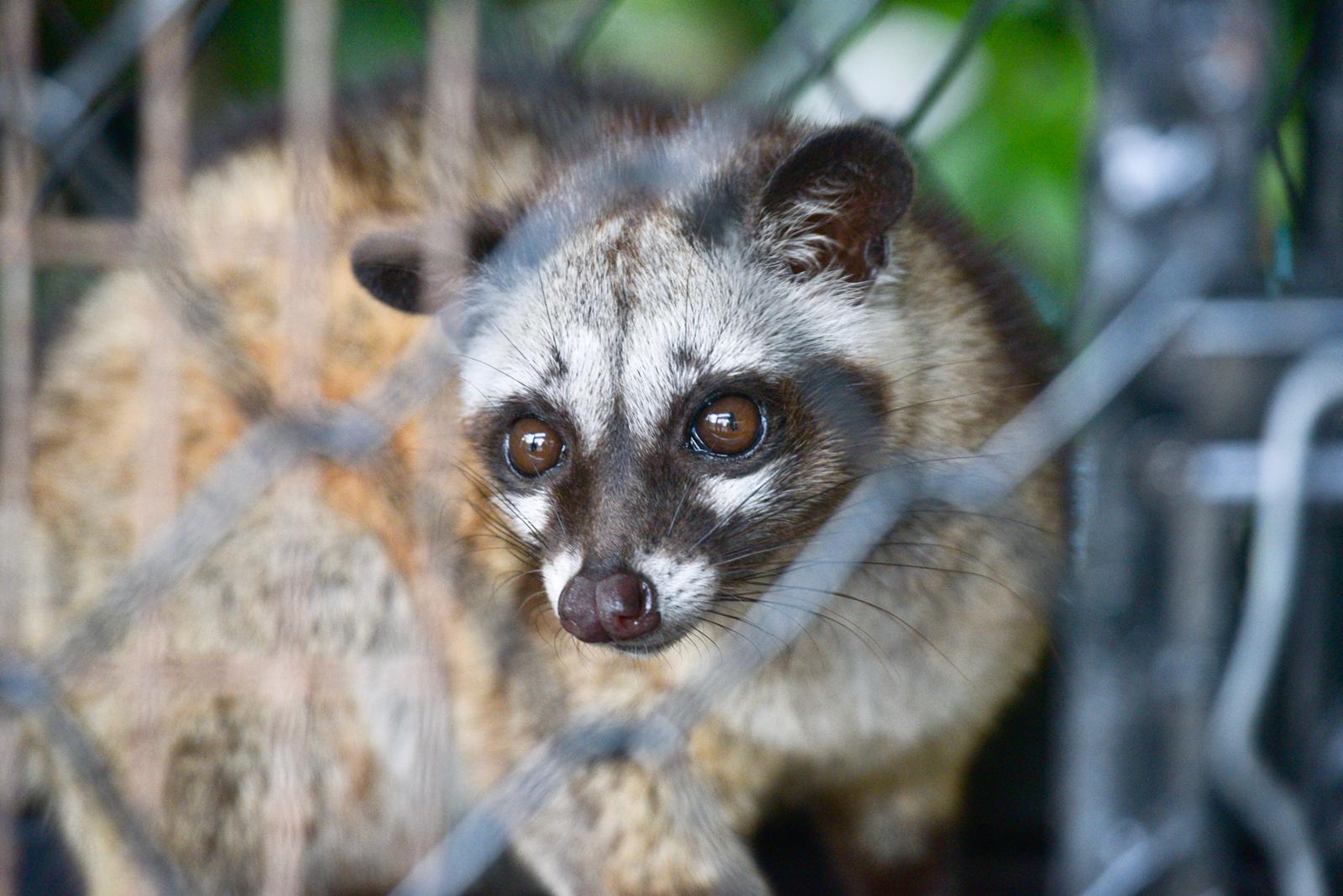
China’s Wildlife Farmers Offered A Buy-Out To Transition Away From Breeding Wild Animals For Consumption & Instead Grow Plant-Based Foods
You can help all animals and our planet by choosing compassion on your plate and in your glass. #GoVeg

You can help all animals and our planet by choosing compassion on your plate and in your glass. #GoVeg